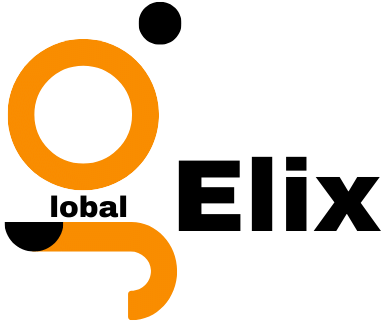In the ever-evolving world of search engine optimization (SEO), on-page optimization plays a vital role in improving website rankings. On-page optimization refers to the various techniques and strategies employed on individual web pages to enhance their visibility and relevance in search engine results pages (SERPs). Understanding and implementing the crucial factors of on-page optimization can significantly impact your website’s SEO rankings. In this article, we will explore the key elements that contribute to effective on-page optimization.
Crafting High-Quality Content
The Foundation of On-Page Optimization
At the core of successful on-page optimization lies high-quality content. Search engines prioritize relevant, valuable, and well-structured content. To maximize SEO rankings, focus on creating engaging content that aligns with user intent and satisfies their search queries.
Keyword Research and Placement
Keyword research is a critical step in on-page optimization. Identify the keywords and phrases your target audience uses to search for information related to your website’s content. Integrate these keywords strategically in your content, including titles, headings, meta tags, and throughout the body text. However, it’s important to strike a balance and avoid overstuffing keywords, as this can be detrimental to your SEO rankings.
Optimizing Meta Tags and Descriptions
Meta tags and descriptions provide search engines with a summary of your web page’s content. Craft compelling meta tags and descriptions that include relevant keywords and accurately reflect your content. These elements appear in SERPs and influence click-through rates, so make them enticing to encourage users to visit your website.
Streamlining Technical Optimization
URL Structure and Site Navigation
A well-structured URL that includes relevant keywords can contribute to better SEO rankings. Ensure your URLs are concise, descriptive, and user-friendly. Additionally, organize your website’s navigation in a logical and intuitive manner. A clear site structure enhances user experience and makes it easier for search engines to crawl and index your pages.
Mobile-Friendly Design and Responsiveness
With the increasing use of mobile devices, optimizing your website for mobile is crucial for SEO rankings. Ensure your website is mobile-friendly, responsive, and provides a seamless user experience across different screen sizes. Mobile optimization is not only essential for improving rankings but also for attracting and retaining mobile users.
Page Loading Speed
Page loading speed is a crucial factor for both user experience and SEO rankings. Slow-loading pages can frustrate users and increase bounce rates, negatively impacting your rankings. Optimize your website’s loading speed by minimizing file sizes, leveraging caching techniques, and using a content delivery network (CDN). Regularly monitor and optimize your website’s speed to provide a fast and seamless experience.
Enhancing User Experience
User-Friendly Design and Navigation
A user-friendly design and intuitive navigation are vital for enhancing user experience and encouraging visitors to spend more time on your website. A clutter-free layout, clear call-to-action buttons, and easy-to-understand navigation menus contribute to a positive user experience. User signals, such as time spent on site and low bounce rates, can positively impact your SEO rankings.
Optimizing Images and Multimedia
Visual content plays a significant role in engaging users. Optimize images and multimedia elements by compressing file sizes without compromising quality. Use descriptive file names, alt tags, and captions that include relevant keywords to enhance their relevance. Additionally, ensure multimedia elements are responsive and don’t hinder page loading speed.
Encouraging Social Sharing and Engagement
Social signals, such as shares and comments, can indirectly influence SEO rankings. Make your content easily shareable by incorporating social sharing buttons and encouraging readers to engage with your content. Active social media presence and engagement can amplify your content’s reach and visibility, attracting more organic traffic to your website.
Conclusion
Mastering on-page optimization is crucial for achieving higher SEO rankings and improving the visibility of your website in search engine results. By focusing on crafting high-quality content, streamlining technical optimization, and enhancing user experience, you can significantly impact your website’s performance. Embrace these crucial factors of on-page optimization and consistently monitor and adapt your strategies to stay ahead in the competitive SEO landscape.
 Global Elix
Global Elix 

